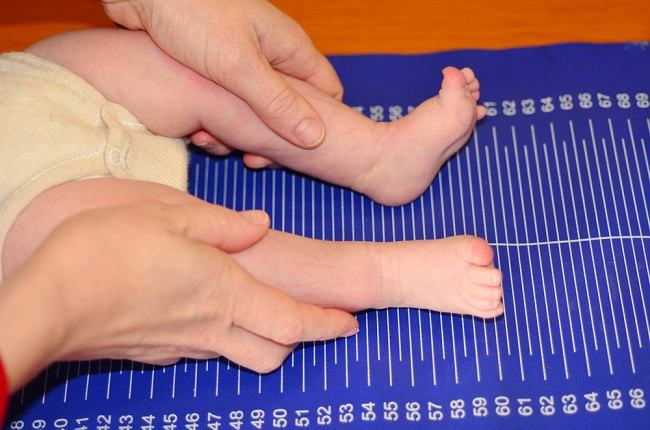Crossed eyes or strabismus can be experienced by children and adults. In this case, the role of the ophthalmologist who specializes in strabismus is needed. Come on, know more about this medical profession.
An ophthalmologist who specializes in strabismus is an ophthalmologist who has taken a subspecialty program in the field of strabismus or crossed eyes. Therefore, this doctor has special expertise in conducting examinations, diagnosing, and determining the right treatment for squint.

Conditions a Strabismus Specialist Ophthalmologist Can Treat
Ophthalmologists who specialize in strabismus treat patients who have problems with eye movement control, eye muscle disorders, or vision problems, so that the eyes don't point to the same point and look misaligned.
Esotropia is the most common type of strabismus. In this condition, one eye can see straight, while the other looks inward (towards the nose).
Here are the types of crossed eyes that are treated by ophthalmologists who specialize in strabismus:
- Infantile esotropia, which is strabismus that develops when the baby is born or the first 6 months after he is born
- Accommodative esotropia, namely strabismus experienced by children with nearsightedness at the age of 2-3 years
- Exotropia, which is strabismus in which one eye is pointing outward (towards the ear)
- Hypotropia, which is strabismus characterized by one eye pointing downwards
- Hypertropia, which is strabismus characterized by one eye pointing upwards
Actions You Can TakeStrabismus Specialist Ophthalmologist
Prior to treatment, the ophthalmologist who specializes in strabismus will ask the patient's complaints and medical history, including whether the patient has comorbidities or is currently undergoing certain medications.
Next, the doctor will perform an examination which includes:
- Visual acuity test
- Eye lens strength test
- Check for eye alignment and coordination
- Observation of the internal and external structures of the eye
- Examination of the brain and nervous system
After the diagnosis is established, the ophthalmologist who specializes in strabismus will determine the steps for treating squint according to the patient's condition, such as:
- Glasses, to correct impaired vision
- Prism lenses, to correct misaligned eyes
- Vision therapy, to train and improve the cooperation between the eye muscles and the brain
- Eye muscle surgery, to change the length or position of the muscles around the eyes so that eventually the eye position becomes straight
The Right Time to See a Strabismus Specialist Ophthalmologist
You will be advised to consult an ophthalmologist who specializes in strabismus after receiving a referral from a general practitioner or ophthalmologist. However, you can also immediately consult an ophthalmologist who specializes in strabismus if you experience symptoms, such as:
- Eyes look out of alignment
- Eyes don't move at the same time
- Eyes don't point in the same direction
- Frequent blinking or squinting, especially in bright lighting
- Tilts head to see something
- Impaired ability to see far or near
- Double vision
Preparation Before Consultation with an Ophthalmologist Strabismus Specialist
Before seeing an ophthalmologist who specializes in strabismus, it's a good idea to prepare the following things to make it easier for the doctor to determine the diagnosis and treatment:
- Notes on complaints and symptoms experienced in detail
- Results of examinations or laboratory tests, if previously consulted with other doctors
- Notes regarding the history of wearing glasses or contact lenses
- Records regarding the history of illness or injury, as well as treatment that has been taken
- Notes on family medical history
Symptoms of strabismus may come and go or persist. If the symptoms have started to interfere with your activities or make you feel insecure, you should check your condition with an ophthalmologist who specializes in strabismus for proper treatment.
If you are confused about choosing an ophthalmologist who specializes in strabismus, you can ask for advice from a general practitioner or the ophthalmologist you visit. You can also ask family or relatives who have experience consulting with an ophthalmologist who specializes in strabismus.









